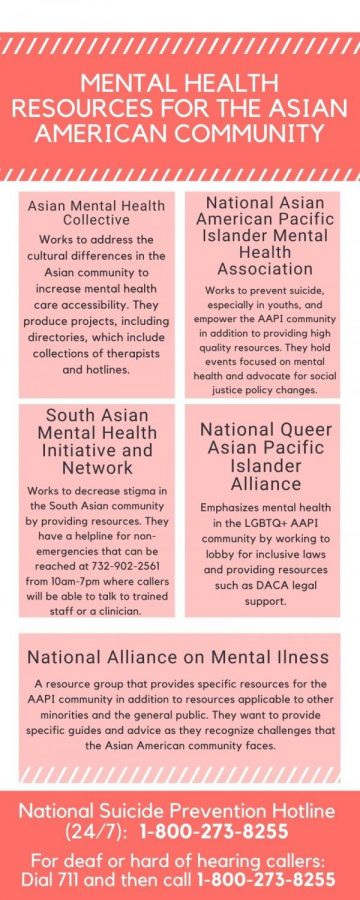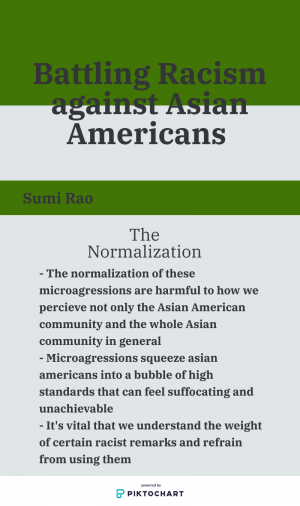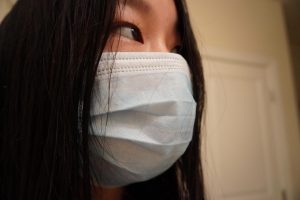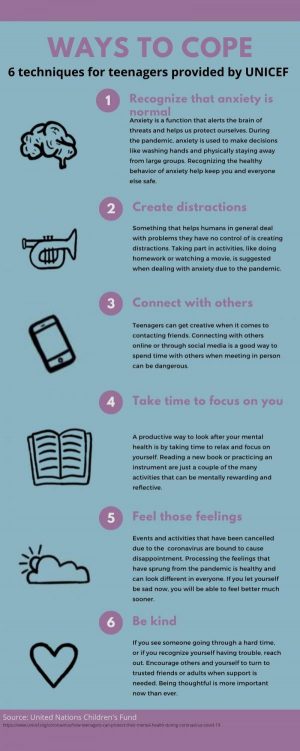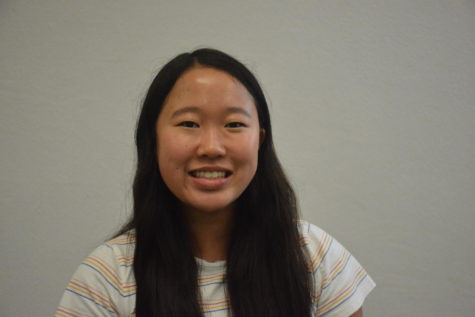Mental health stigma leaves Asian American community vulnerable
Guide to organizations dedicated to the mental health care of the Asian American Pacific Islander Communities.
May 4, 2021
Stress overcomes an Asian American student: school, sports and club activities consume her time, leading to sleepless nights and panic attacks. But no matter how trapped she feels, she is unable to turn to her family for help.
Asian Americans often have trouble accessing mental health resources as ethnic and cultural differences provide challenges, making them the least likely racial group to seek mental health treatment. Due to this, Medical News Today estimates that 17.3% of Asian Americans will be diagnosed with a psychiatric condition in their lifetime.
“Mental health is a very stigmatized topic in many communities, in my experience,” sophomore Nitya Varigala said. “It is always said that therapy is a bad mark on your record and makes you look bad, when it really doesn’t.”
Cultural traditions and values may restrict some Asian Americans from seeking treatment or mental health check-ins. Many traditional Asian ideologies have strict family niches and hierarchies that, when broken, can result in social stigma or embarrassment.
“Mental health education needs to be improved in regions with a heavy population of Asian Americans because, due to traditional and cultural customs, there often isn’t an emphasis on mental health among Asian American communities,” sophomore Sarah Kang said. “Providing sufficient mental health education in these areas will make an impact to help uplift the topic and also give various resources regarding mental health.”
According to Time magazine, hate crimes against Asian Americans in New York City have increased by 1,900% during the pandemic. According to Medical News Today, discrimination through crime and cultural isolation have caused Asian Americans to avoid mental health treatment due to the fear of harm or judgment. The rise in crimes has also resulted in an abundance of protests for the support of the Asian American community and has renewed an emphasis on mental health stigma within the community.
“With recent hate crimes also in mind, I certainly support the Asian American community rallying together,” sophomore Han Nyguen said.
According to the New York Times, Asians are the fastest-growing racial group in America, which has resulted in a significant language barrier for some immigrants. This can result in increased adversity in communication, as well as embarrassment among some non-native speakers.
With customs and language barriers blocking patients from receiving healthcare, it is important for healthcare providers to be aware of these restrictions. However, many clinics or healthcare providers do not know how to adapt their services so these types of patients can be treated.
“My grandparents are from India and speak Telugu, a language that many have not heard of,” Varigala said. “Whenever they are here, it is always a struggle for them to communicate with others outside of the family, and I usually have to end up [communicating for them] so that there is no confusion or trouble.”
According to Medical News Today, educating and speaking openly in Asian American communities are two solutions that would destigmatize the topic.
“Every Asian person may feel different about mental health for different reasons,” Nyguen said. “However, the mental health stigma in the Asian American community could be reversed by first emphasizing its effects and how important it is for everyone.”



